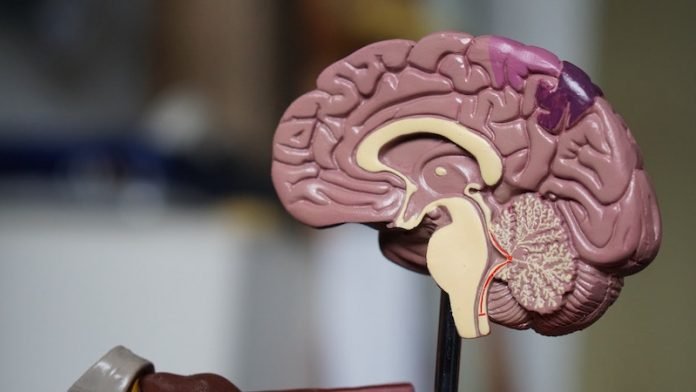
In a new study from UCLA, researchers found an inexpensive anti-seizure medication markedly improves learning and memory and other cognitive functions in Alzheimer’s patients who have epileptic activity in their brains.
Alzheimer’s disease (AD) is the leading cause of dementia worldwide. Early symptoms include short-term memory loss, the decline in problem-solving, word-finding difficulties, and trouble with spatial navigation.
Among Alzheimer’s patients, an estimated 10-22% develop seizures, while an additional 22-54% exhibit silent epileptic activity.
In earlier studies, patients who experience silent epileptic activity in their brains have a more rapid decline in cognitive function.
The researchers chose to test the anti-seizure medication levetiracetam, which was approved by the FDA in 1999 and had also performed well in animal models of Alzheimer’s disease.
Now available as a generic, levetiracetam costs around $70 per year. The dose tested in the trial was 125 mg twice a day, far less than a typical dose used for epilepsy.
In the study, 54 patients with mild Alzheimer’s symptoms were screened for silent epileptic activity using an electroencephalogram (EEG) to monitor them overnight, as well as an hour-long magnetoencephalogram (MEG) to record magnetic waves generated from electrical activity.
Among the patients screened for the study, 34 patients were eligible to participate, with nearly 40% having epileptic activity, and the remainder having no epileptic activity.
These patients were then divided into two groups with one group receiving placebo for four weeks, followed by a 4-week period of receiving no drug and then a 125 mg dose of levetiracetam twice a day for four weeks.
The second group received these same treatments in reverse order.
The researchers found that the patients treated with the drug levetiracetam showed trends toward improvement in cognitive function.
But when the patients were separated into those with silent epileptic activity and those without, the patients with silent epileptic activity showed clear benefit from being on the drug.
When doctors diagnose Alzheimer’s disease, they do not typically test for silent seizures, so findings from the study may prompt them to consider whether a patient is potentially experiencing epileptic activity.
Patients in the study were already taking currently approved medications for Alzheimer’s, and this study demonstrates that levetiracetam improves cognitive function better than current treatments alone.
Future studies will be needed to find out whether taking the drug long-term can slow disease progression.
If you care about dementia and Alzheimer’s disease, please read studies about this existing-vaccine may protect against Alzheimer’s disease and findings of this new drug may treat cancer, Alzheimer’s, heart disease, and more.
For more information about Alzheimer’s disease prevention and treatment, please see recent studies about 6 things you can do to prevent Alzheimer’s disease effectively and results showing that how to predict Alzheimer’s disease-like memory loss before it appears.
The study is published in JAMA Neurology. One author of the study is Keith Vossel, MD, MSc.
Copyright © 2021 Knowridge Science Report. All rights reserved.



